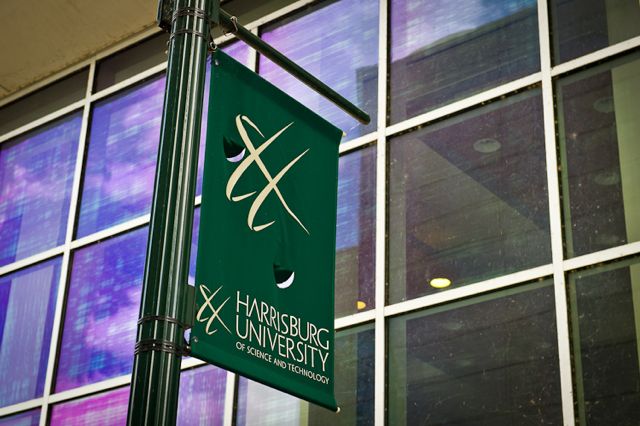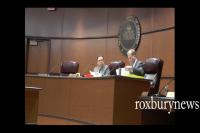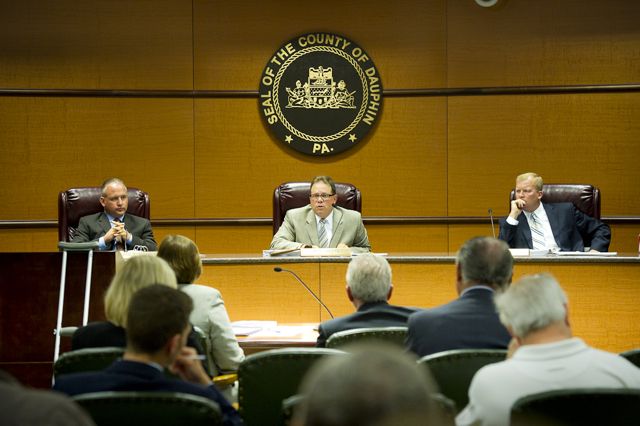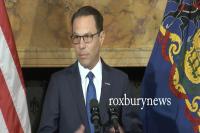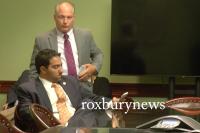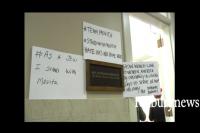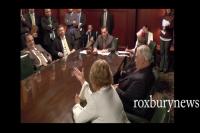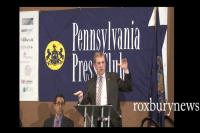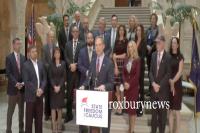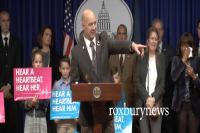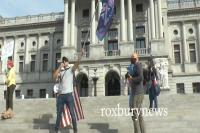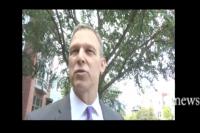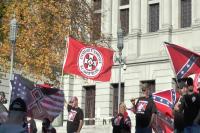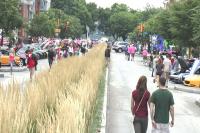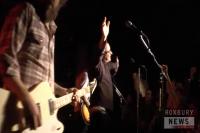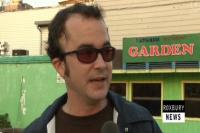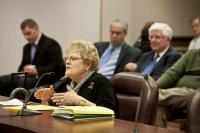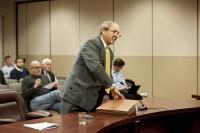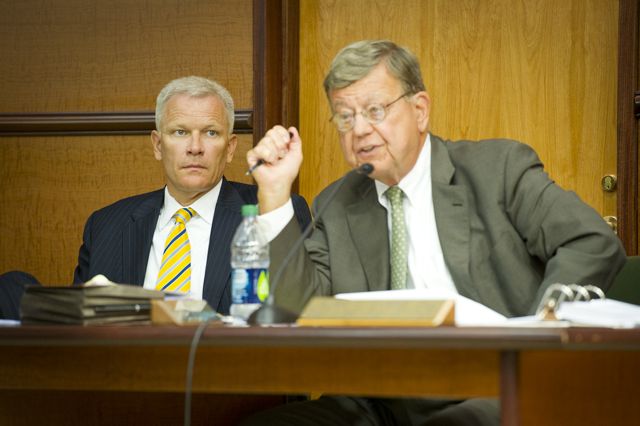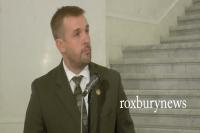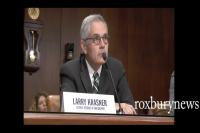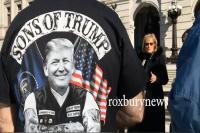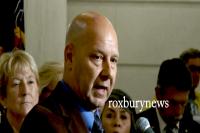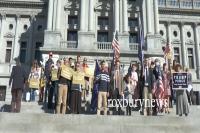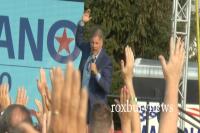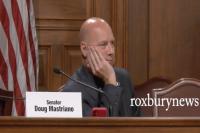Modifies the definition of a, “Direct Shipper” to include licensees of other states, those licensed by the PLCB, and wineries with a maximum output of 200,000 gallons per year. Also allows for orders to be placed online, by mail order or telephone.
Direct Shippers are limited to selling up to 18 liters per month to residents of the Commonwealth. Direct Wine Shippers are subject to a 100 dollar registration fee and must provide a copy of its current PLCB license or equivalent documentation issued by another state. Residents who resell wine obtained from direct wine shippers commit a 2nd degree misdemeanor. Lanugage also levies a 12% tax on net sales to be deposited into the General Fund.
Allows beer distributors and importing distributors to sell six-packs or growlers.
Allows restaurants and bars to sell up to three six-packs, or one twelve-pack and a six-pack in a single transaction. This modification was rather unnecessary as the individual purchasing the alcohol could be assisted in carrying more than the previous authorized amount of 192 fl.oz. from the premises to circumvent the standing definition of a retail dispenser. Also allows hotels and restaurants to sell malt or brewed beverages for consumption off the premises in the same quantities as above.
Creates a Wine and Spirits Enhanced Permit that would allow beer distributors and importing distributors to obtain a wine and spirits permit, a wine permit, a spirits permit or a special spirits permit. The fee structure for enhanced permits is based upon a sliding scale that is dependent upon the prior year’s purchases from the PLCB. See Page 216. Language also prohibits expanded permit holders from selling products for less than their acquisition cost.
Creates the position of an executive director for the PLCB to be chosen by the Governor and approved by a majority of the members of the Senate.
Powers of the Liquor Control board:
Removes greatest variety obtainable language from purchasing requirements and only mandates the PLCB to obtain liquor or alcohol at the lowest price. Also requires the PLCB to purchase liquor or alcohol requested by an expanded or enhanced permit holder.
Powers of the Liquor Control Board - Closure of Pennsylvania Liquor Stores: See pages 196 and 197.
Prior to closing a liquor store operated by the Commonwealth, the PLCB must consider outstanding lease agreements, the profitability of the liquor store, whether the private retail market is serving the needs of the public, pricing of liquor in the area, and the profitability of the store.
If sufficient private retailers can serve the needs of the public and the Commonwealth’s liquor stores are unsustainable, the store will be closed.
Once the number of beer distributors and importing distributors with an enhanced wine and spirits permit double the number of State liquor stores within a county, the Pennsylvania liquor stores within the county must close within six months. This provision is only applicable for municipalities that have a private distributor with an expanded permit and the previous closure considerations are met.
Powers of the Liquor Control Board – Price Fixing.
Includes language that would enable the PLCB to fix the whole price of liquor and alcohol for all licensees and permit holders, in addition to retail prices sold at Pennsylvania Liquor Stores. Removes language that requires PLCB prices to be passed through at acquisition cost. Also strikes language that allows for preferential pricing structures for wines produced within the Commonwealth. Also prohibits the PLCB from selling their own private label products.
Safe Ride Pilot Program from 2014 – 2017 remains intact. This program provides free cab fair to patrons from any establishment to their residence.
Amendment directs the Pennsylvania Legislative Budget and Finance Committee and the PLCB to examine the fiscal impact of leasing the current wholesale system. If no negative impacts on the fiscal stability of the Commonwealth are found, the PLCB may issue an RFP for the leasing of the wholesale system for a period not to exceed 10 years. The proposal shall be awarded by a unanimous vote of the PLCB if the lease would result in an increase in annual gross profits to the Commonwealth.
Sunday Sales:
Allows all PLCB stores to stay open for Sunday sales except for Easter Sunday and Christmas Day.
Sales by Pennsylvania Liquor Stores:
Requires Pennsylvania Liquor stores to sell liquors at wholesale to eating places that hold an expanded permit, and to distributors and importing distributors who hold an enhanced permit, in addition to hotels, restaurants, clubs, and railroad, pullman and steamship companies.
Discounts wine and special spirits sales by 18% of retail value to entities that hold wine or special spirits expanded permits, regardless of whether the items are sold for consumption on or off the premises. This discount also applies to entities that hold wine or spirits enhanced permits.
Provides for the PLCB to contract for delivery services to purchasers through the Commonwealth’s bidding process.

